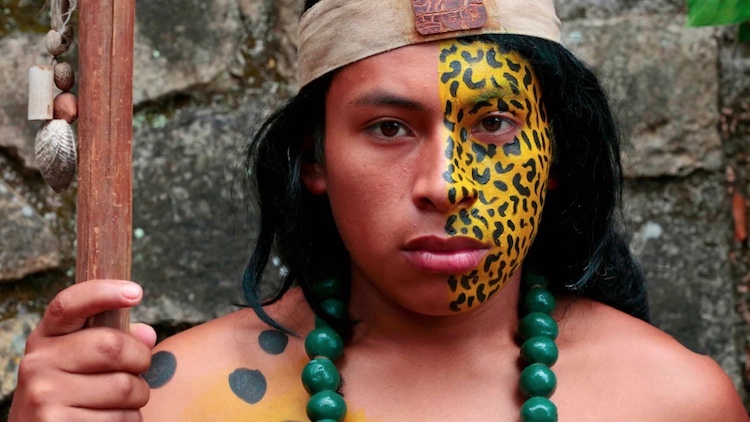By UN DESA Voice
NEW YORK (IDN) – Languages play a crucial role in our daily lives. They also make up our unique cultural identities. Yet, of the about 6,700 languages spoken in the world today, 40 percent are at risk of disappearing. Most of them are indigenous languages. And when a language dies, it can mean the end of a community’s values and traditions.
This is where the 2019 International Year of Indigenous Languages comes in. UN DESA Voice spoke with Mirian Masaquiza in UN DESA’s Division for Inclusive Social Development (DISD), about the year and its mission to protect and preserve the world’s indigenous languages.
How many indigenous languages are out there and how can we keep track of them?
“At present, 96 per cent of the world’s approximately 6,700 languages are spoken by only 3 per cent of the world’s population. The vast majority of the languages that are under threat are indigenous languages, and most of them would disappear.
States are the ones called to keep track on indigenous languages by recognizing the linguistic rights of indigenous peoples and developing language policies to promote and protect indigenous languages. Also, States should ensure that indigenous languages are adequately reflected in censuses and other data collection tools, such as questionnaires, surveys and participatory assessments.”
The UN has declared 2019 the International Year of Indigenous Languages. What makes them so important?
“The 2019 International Year of Indigenous Languages is very important as it will inspire speakers of indigenous languages to use it in a daily life with pride. Member States and other stakeholders will understand the need to include indigenous languages into specific programmes and activities to promote and protect them. Most importantly, the world will see a revival of a movement that is fighting for the right to use the language of their ancestors.
This international year will continue to raise key issues and concerns associated with indigenous languages on an ad hoc basis. Further, it will be an opportunity to compile and share good practices and tools for language revitalization, considering the different needs based on the different situations of indigenous languages.”
What is threatening the indigenous languages?
“I think that globalization, non-recognition of indigenous peoples and the rise of a small number of culturally dominant languages has led to a situation in which, some indigenous peoples do no longer use their indigenous language or no longer transmit it from parents to their children.
We as human beings should care about indigenous languages in the same way as we should care about the loss of the world’s variety of plants and animals, its biodiversity.”
What can we do to protect them?
“Article 13 of the United Nations Declaration on the Rights of Indigenous Peoples states that indigenous peoples have the right to revitalize, use, develop and transmit to future generations their languages, oral traditions, philosophies, writing systems and literatures and that States shall take effective measures to ensure that this right is protected.
For instance, indigenous peoples should highlight that indigenous languages are intrinsically valuable to their speakers and their cultures, not only as methods of communication but also as repositories of traditional knowledge that are important for understanding and sustaining biological diversity and providing important contributions to sustainable development. Further, promote the cognitive benefits of multilingual and bilingual speakers. These benefits are enjoyed not only by indigenous communities but also by all of society.
States should support the use of indigenous languages by developing incentives for speaking and disseminating indigenous languages beyond schools and language revitalization centres.
The United Nations system should intensify efforts to promote indigenous language preservation and revitalization, as well as education in the indigenous mother tongue.” [IDN-InDepthNews – 01 February 2019]
Photo credit: UN
IDN is flagship agency of the International Press Syndicate.
facebook.com/IDN.GoingDeeper – twitter.com/InDepthNews
Send your comment: comment@indepthnews.colo.ba.be
Subscribe to IDN Newsletter: newsletter@indepthnews.colo.ba.be

